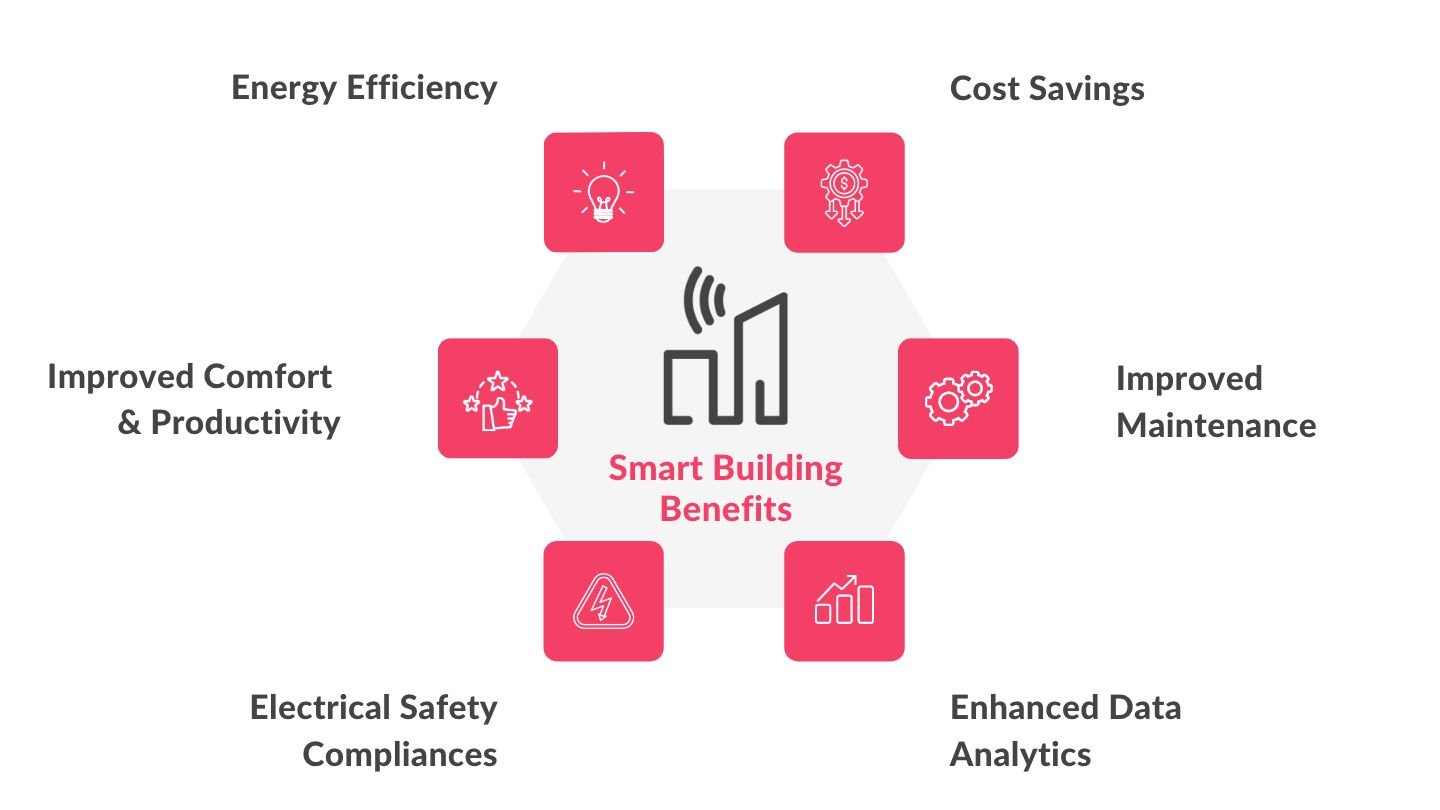In today’s highly competitive business landscape, building strong and lasting relationships with customers is essential for growth and success. One of the most effective tools for managing and improving these relationships is Customer Relationship Management (CRM) software. CRM software helps businesses streamline their interactions with current and potential customers, manage customer data, and ultimately enhance their overall customer experience.
In this article, we’ll explore what CRM software is, its key features, the benefits it provides to businesses, and some popular CRM solutions available today.
What is CRM Software?
CRM software is a suite of tools and technologies designed to help businesses manage interactions with customers, streamline processes, and improve profitability. It acts as a central hub for storing and accessing customer information, allowing businesses to track and analyze customer behavior, sales activity, and communication history.
CRM software
- This information is accessible in one central database, making it easy to track and manage customer interactions.
- Sales Management: CRM software helps businesses track the entire sales pipeline, from lead generation to closing deals. It allows sales teams to manage prospects, prioritize tasks, and track customer engagement throughout the sales process. This helps increase sales efficiency and improve conversion rates.
- Marketing Automation: Many CRM solutions include marketing automation tools that help businesses create and manage marketing campaigns. These tools allow businesses to segment their audience, send personalized emails, automate follow-up communications, and track campaign performance. This leads to better-targeted marketing efforts and higher engagement.
- Customer Service and Support: CRM software often includes customer service tools that help businesses handle customer inquiries, manage support tickets, and resolve issues quickly. This functionality improves customer satisfaction by ensuring that support teams have all the information they need to assist customers efficiently.
- Analytics and Reporting: CRM software offers powerful reporting and analytics features that allow businesses to gain insights into their customer data. These tools can generate reports on sales performance, customer behavior, campaign effectiveness, and more, helping businesses make data-driven decisions.
- Collaboration Tools: CRM systems facilitate collaboration between teams by providing shared access to customer data and communication history. This enables sales, marketing, and customer service teams to work together more effectively and provide a seamless customer experience.
- Mobile Access: Many CRM systems offer mobile applications, allowing businesses to access customer information and manage tasks on the go. This is particularly beneficial for sales teams who are frequently in the field or traveling.
Benefits of CRM Software
Implementing CRM software can provide numerous advantages to businesses of all sizes. Some of the key benefits include:
- Improved Customer Relationships: By consolidating customer data in one system, CRM software allows businesses to better understand their customers’ needs, preferences, and behaviors. This enables personalized communication and improved customer experiences, ultimately fostering stronger relationships.
- Increased Sales and Revenue: CRM software helps sales teams track leads, manage opportunities, and close deals more effectively. By automating repetitive tasks and providing insights into customer behavior, CRM systems help businesses prioritize high-value prospects and improve sales conversion rates.
- Enhanced Customer Service: CRM systems allow customer service teams to have a 360-degree view of customer interactions, enabling them to resolve issues quickly and efficiently. This leads to faster response times, higher customer satisfaction, and improved customer retention.
- Better Collaboration and Efficiency: By providing a shared platform for communication and data sharing, CRM software enhances collaboration between departments.
- Data-Driven Decision Making: CRM software provides businesses with valuable insights into customer behavior, sales trends, and campaign performance. By analyzing this data, businesses can make informed decisions that lead to improved strategies, better resource allocation, and higher ROI.
- Scalability: As businesses grow, CRM systems can scale with them. Many CRM solutions offer customizable features and integrations that allow businesses to expand and adapt their CRM to meet changing needs.
Types of CRM Software
CRM software can be categorized into three main types, each designed to meet different business needs:
- Operational CRM: This type of CRM is focused on automating and improving customer-facing business processes. It includes features for sales automation, marketing automation, and customer service management. Operational CRM is ideal for businesses looking to streamline daily operations and improve customer interaction efficiency.
- Analytical CRM: Analytical CRM focuses on analyzing customer data to gain insights into customer behavior, preferences, and trends. It includes tools for data mining, reporting, and predictive analytics. Analytical CRM helps businesses make data-driven decisions and improve customer segmentation and targeting.
- It facilitates communication and the sharing of customer data, helping businesses provide a more cohesive and personalized customer experience.
Popular CRM Software Solutions
There are numerous CRM software options available, each with its own set of features and pricing models. Some of the most popular CRM solutions include:
- Salesforce: One of the most well-known CRM platforms, Salesforce offers a comprehensive suite of tools for sales, marketing, customer service, and analytics. It is highly customizable and suitable for businesses of all sizes.
- HubSpot CRM: HubSpot offers a free CRM solution with a user-friendly interface and essential features for contact management, sales tracking, and marketing automation. It is a great choice for small to medium-sized businesses.
- Zoho CRM: Zoho CRM is an affordable and scalable option for businesses looking for a feature-rich CRM solution. It includes tools for sales automation, marketing, customer support, and analytics.
- Microsoft Dynamics 365: A powerful CRM and enterprise resource planning (ERP) platform, Dynamics 365 integrates with Microsoft’s suite of productivity tools and provides advanced analytics and AI-powered features.
Conclusion
By consolidating customer data, automating processes, and providing powerful insights, CRM systems help businesses deliver personalized experiences that build customer loyalty and drive growth.




